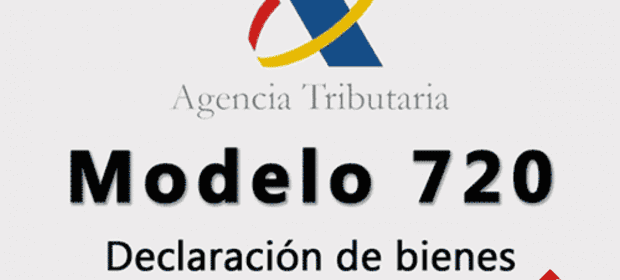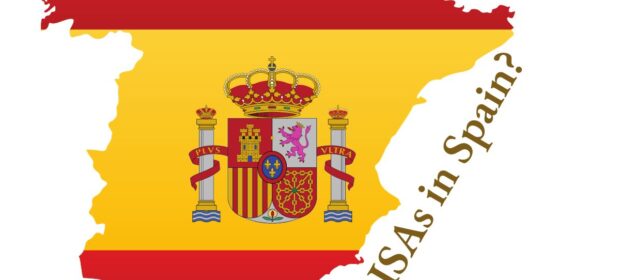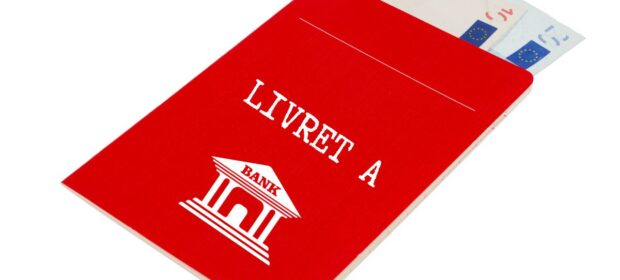Do you need to submit your M720 to the Hacienda before 31st March?
If you have assets outside of Spain you may need to report these to the Spanish tax man on the Modelo 720. In effect it is a “census” as it does not trigger any payment of tax. However, it does help the Hacienda cross check information.
If you have bought or sold an overseas asset in the last calendar year, you may need to submit a M720, even if you have previously submitted a form. Also, if the value of your overseas assets have increased by more than 20,000€ since you last submitted a form you may also need to re-submit. If the answer is “Yes” you must submit your form before the 31st March.
Here is a link to the obligation to report on the Agencia Tributaria (Hacienda) website which lays out if you need to report your bank accounts, investments and properties that are outside of Spain. Google Translate does a good job of translating this, if needed.
You may have seen in the press that the European Court ruled on the M720 rules. I am pleased to report that the fines for non-reporting or mis-reporting have been struck out by the court and new, much lower, fines will be put in place.
Please note that we are seeing articles saying the M720 is no more. This is not the case. In fact the court, whilst removing the very high fines, also said in it’s ruling that they could see the need for the M720.






















